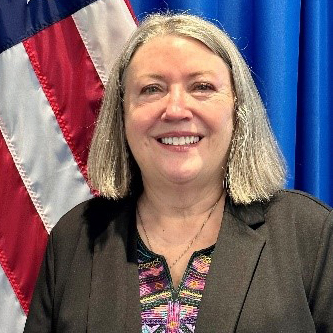This week is Children’s Mental Health Awareness Week. The Indian Health Service is pleased to participate in this celebration, recognizing that children’s mental health needs are unique and a vital element of healthy development. Mental health is a balance of emotional, social and psychological well-being, and can be affected by attention deficit hyperactivity disorder, genetic problems, neglect, substance abuse and domestic violence.
From 2020-2021, the National Survey of Children’s Health showed that 23.3% of children in the U.S. between the ages of three and 17 experienced a mental, emotional, developmental or behavioral problem. Children with serious mental illness diagnoses may require full-time treatment. Additionally, their families may need help coping or could be experiencing behavioral health issues themselves. In support of those children and families, we encourage anyone with a child or youth experiencing a difficult situation to engage in counseling services provided by IHS, tribal and urban health care facilities.
The IHS also provides recurring funding to 13 youth regional treatment centers across the country to address the ongoing issues of substance abuse and co-occurring disorders among American Indian and Alaska Native youth. Through education and culture-based prevention initiatives, evidence-based and practice-based models of treatment, family strengthening, and recreational activities, youth can overcome their challenges and recover their lives to become healthy, strong, and resilient leaders in their communities.
Unfortunately, the National Survey of Children’s Health does not publish data on these issues among American Indian and Alaska Native children. However, we know that children with anxiety and depression may benefit from counseling. When children are mentally healthy, they can cope with daily stressors, manage their emotions and engage with the world around them.
The mental health of our Native children is the lynchpin of cultural resiliency, and they deserve our support. They are our future. Make sure the children in your sphere of influence are supported by their families and communities in making healthy choices and prioritizing their mental health.
Related Content:



